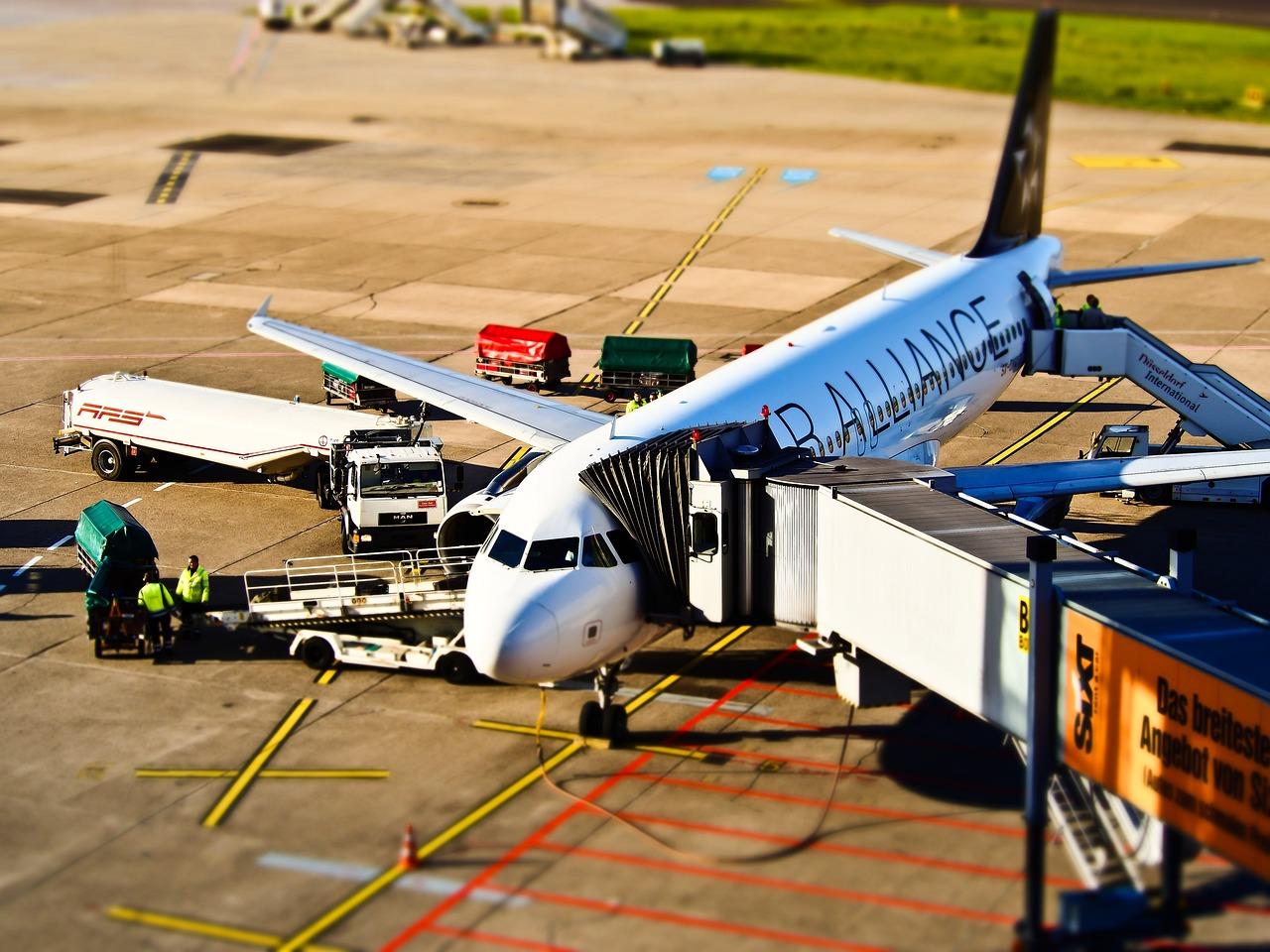What is the impact of rising oil prices on my airfare?
Published on 19 avril 2022It's no surprise that oil prices have been rising sharply for several years. In recent months, this phenomenon has become even more pronounced. What are the factors that explain such a sharp rise in fuel prices?
First of all, this crisis is not unique to France. It is an international crisis, which can be found in all European countries to a greater or lesser extent, but also in other countries of the world, such as the United States, Canada or certain African countries.
Although the rise in oil prices has not yet reached record levels and is far from being comparable to the oil shocks of the 1970s, it nevertheless affects practically all French people in their daily lives.
The main reasons that led to the sudden increase in fuel prices, oil and gas, are the two global crises of the last few years: the COVID-19 pandemic and the war led by Russia in Ukraine. These two successive crises have had a direct impact on world trade, especially in raw materials and fossil fuels.
With the summer vacations approaching, one question is on everyone's lips: will this sudden rise in prices have an impact on airfares?
Table of Contents
1. An impact of oil to be measured according to the type of flight
First of all, it is important to understand that the share of the price of fuel in the price of an airline ticket fluctuates. It obviously depends on the airline, which makes a more or less important margin on the price of the ticket according to its pricing policy, but also on the type of flight.
The cost of fuel is not amortized in the same way on a long-haul flight as on a short-haul flight. It is estimated that for a long-haul flight, the price of oil accounts for 35 to 45 percent of the price of the ticket. For short-haul travel, it represents only 25 to 35% of the ticket cost paid by the passenger.
Thus, depending on the length of the flight, the proportion paid by the passenger for the plane's fuel can almost double. The increase in oil prices will therefore have a greater impact on long-haul flights than on short or medium-haul flights.
2. Insurance action to control ticket prices
The airlines were not caught off guard by the energy crisis. Most of them were able to anticipate the crisis and made arrangements in advance.
Many of them have taken out specific insurance policies, known as "hedging", in order to cushion any rise in the price of a barrel of oil in the event of a crisis. This allows airlines to be reimbursed by the insurance companies and to avoid having to compensate for the increase in the price of gasoline by passing it on to the passengers.
Even if temporary, these measures help to avoid a sudden surge in prices for travel. On average, these insurance or hedging contracts are considered to last between six and nine months. Many airlines have made this choice, such as easyJet, Ryanair, Air France-KLM and Lufthansa. If you travel with these airlines, you should not see any increase in airfare this summer.
Read also | Summer 2023: Top trend destinations in France and abroad
3. Airlines that choose to reduce their margin
Hedging is not the only way to avoid raising airfares. Airlines can also choose to lower their margins to avoid having to raise their fares. Of course, these measures are also temporary, and it is likely that airlines that have made this choice will end up raising airfares if the price of oil does not fall.
Other airlines are choosing to reduce their offer and give up flying to certain destinations. This is for example the case of Alaska Airlines. In order to recoup its costs despite the increase in oil prices, the American company has chosen to maintain its flights only to destinations that it considers essential, and which will continue to be attractive to passengers despite the increase in the cost of the ticket.
Faced with the health crisis of the COVID-19 which drags on, faced with the terrible war in Ukraine whose repercussions are worldwide, the airlines are adopting different positions in order to curb the rise in the price of oil barrels. Each one has made the choice that seems to be the most judicious: insurance, lower margins, lower activity, higher ticket prices...
Faced with these different attitudes, passengers are free to choose whether they are willing to put their hand in their pocket and pay more for their flight to go on a trip. For some people whose vacation budget is stretchable, this is not a problem. For others who do not necessarily have the means to pay more, it is therefore recommended to study the position of the different companies - even if it means modifying one's trip or changing the destination by favouring a medium-haul or short-haul flight this year to go on vacation.
Read also | How to get to Roissy CDG airport from Paris ?





